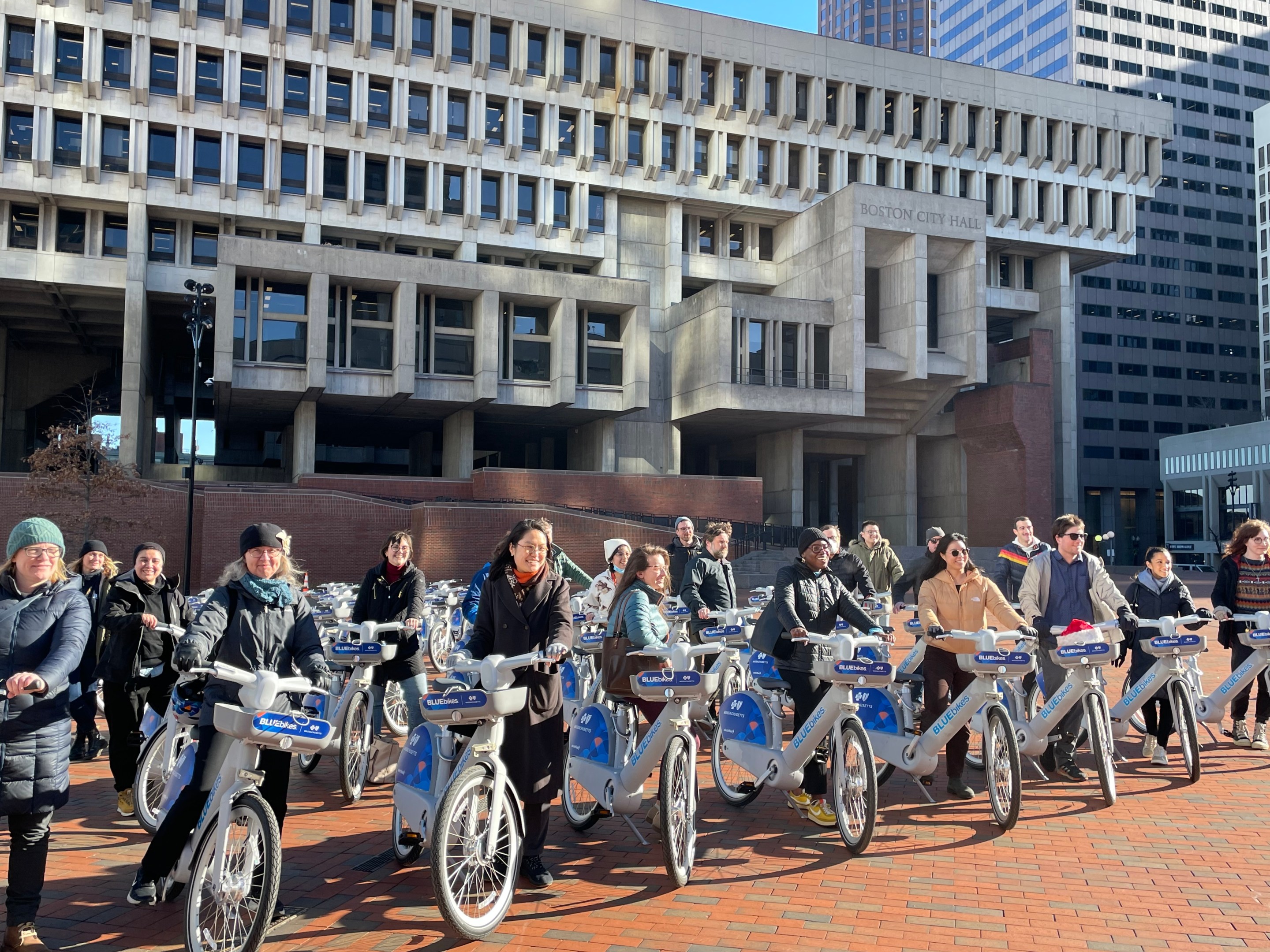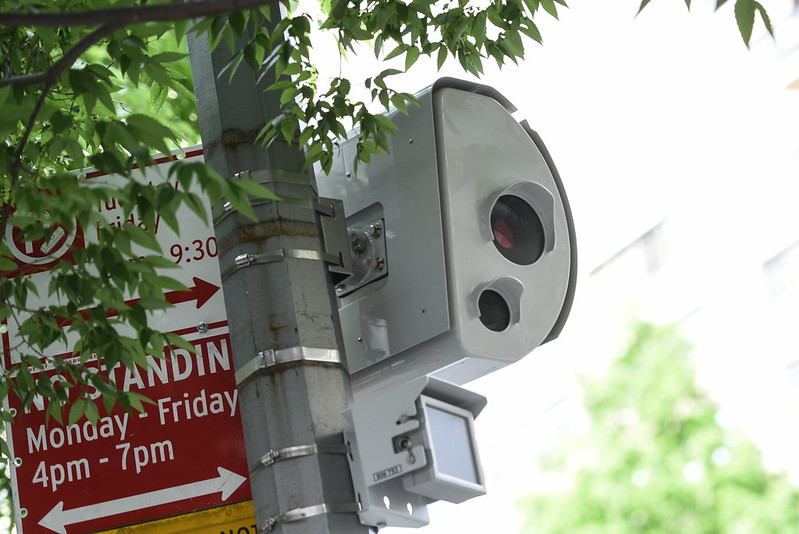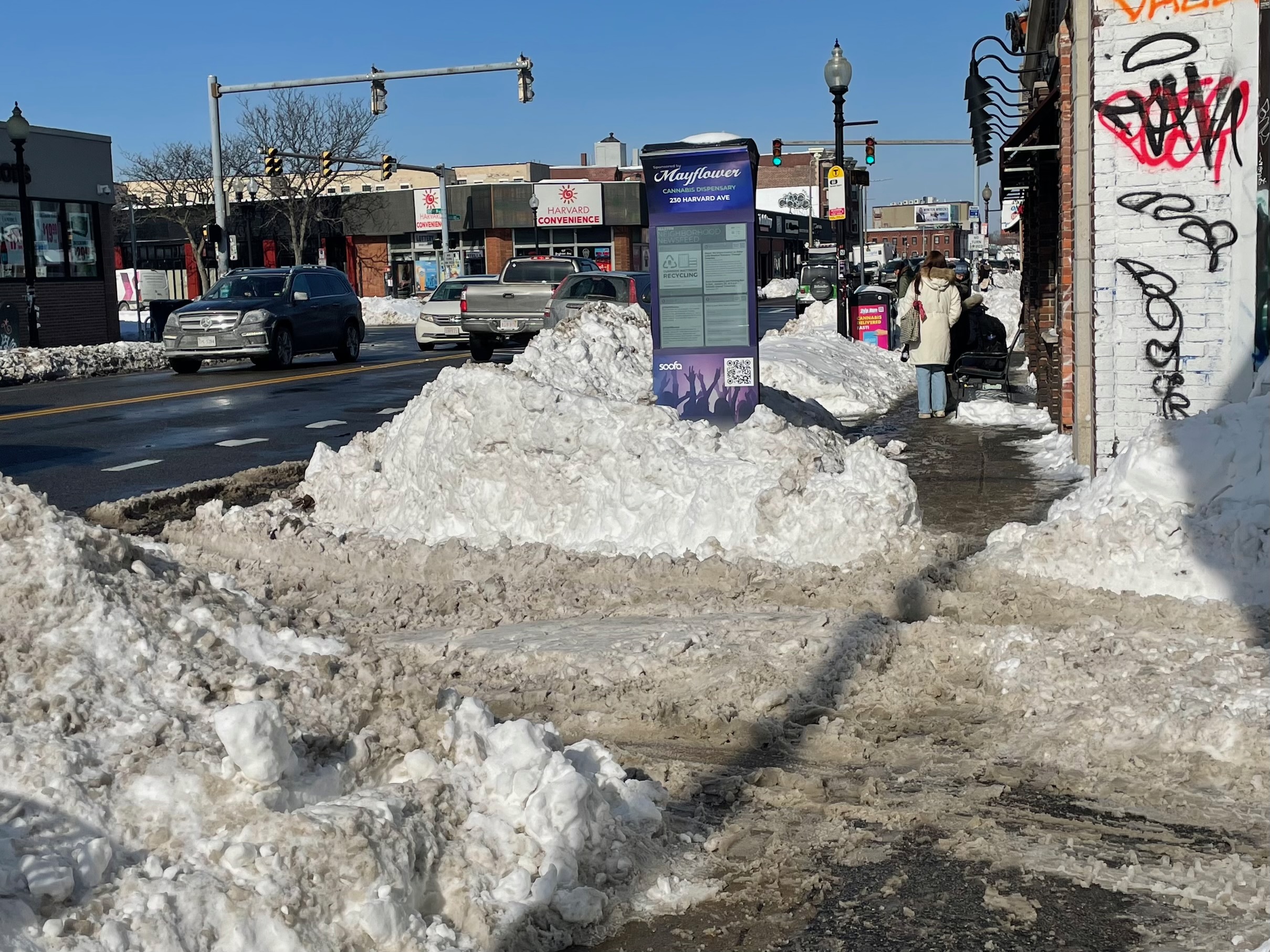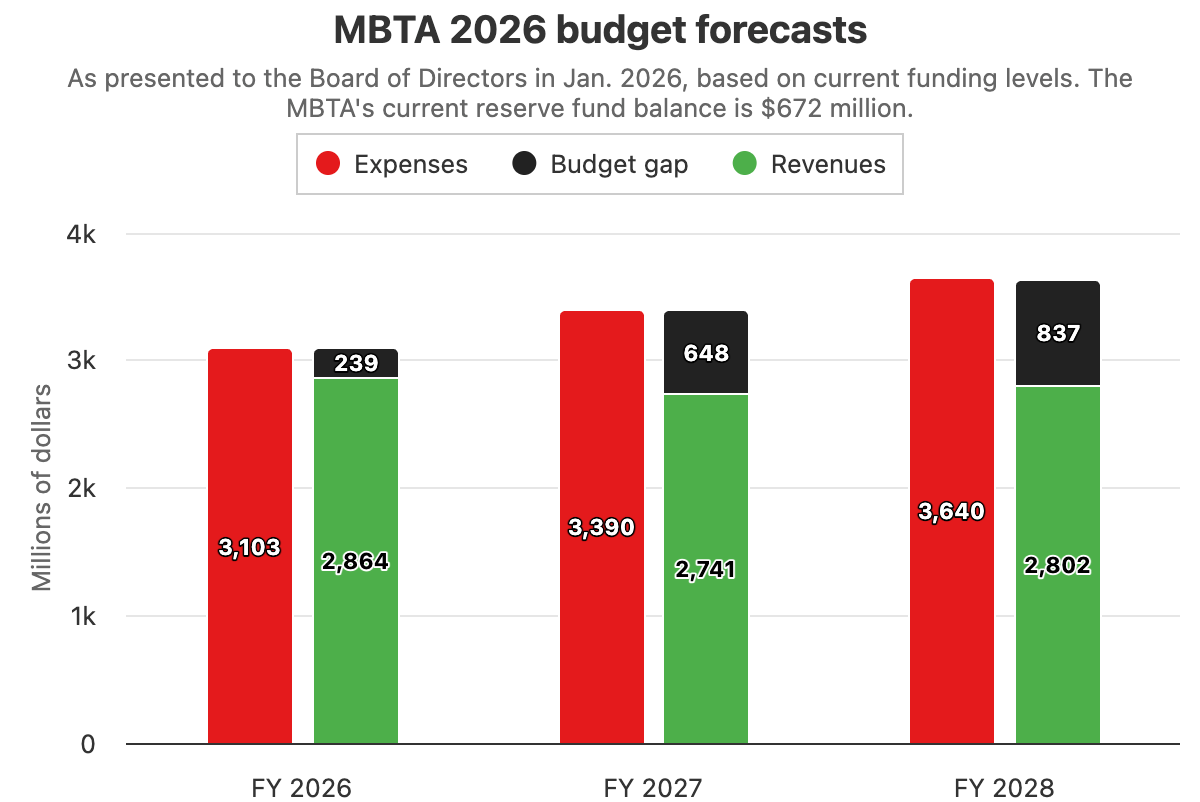A new Bipartisan Infrastructure Law program will send the Boston region $21.6 million to launch several non-MBTA shuttle routes in the city of Boston and expand the Bluebikes bikesharing network with new stations across the region.
Earlier this year, the Metropolitan Area Planning Council (MAPC), a regional planning organization, partnered with the City of Boston and MassDOT on a federal grant application to fund a grab-bag of transportation projects aimed at reducing traffic congestion in the region.
The funding, which was announced last Friday, will come from the U.S. Department of Transportation's new Congestion Relief Program, a competitive grant program set up to fund "innovative, multimodal solutions to reduce vehicular traffic in the most congested metropolitan areas of the United States."
New van shuttles, microtransit for Boston neighborhoods
According to MAPC's grant proposal, roughly half of the grant funding will finance four years' worth of operations for five new fixed-route van shuttles, plus two "microtransit" service areas, in the city of Boston.
Two new shuttle routes would serve Allston and Brighton, two more routes would serve the Seaport, and a fifth route would run through Charlestown, connecting Sullivan Square and downtown Boston.
Additionally, the funding would also launch an "on-demand microtransit" service – think of a subsidized, geographically-limited version of Uber or Lyft – to connect riders in Grove Hall and Mattapan to nearby MBTA stations:
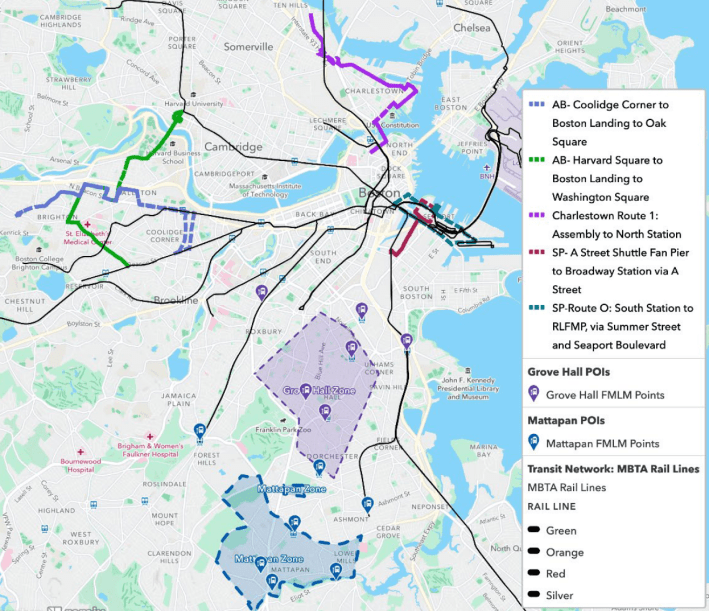
According to MAPC's grant application, these routes were picked for their ability to provide "first mile/last mile" connections to the rapid transit network.
Each route would operate with two 14-passenger vans, running every 30 minutes, 14 hours a day.
Private-sector operator has City Hall connection
The MBTA would not operate these new transit services. Instead, the grant application indicates that the City of Boston intends to hire a privately-held company, Via Transportation, to operate the routes with a four-year budget of $14.3 million.
In early 2021, Via Transportation acquired a San Francisco software startup called Remix for $100 million in cash and equity.
The CEO of Remix at the time was company co-founder Tiffany Chu, who went on to join the administration of Boston Mayor Michelle Wu as Chief of Staff in early 2022.
In a statement provided to StreetsblogMASS on Monday, Mayor Wu's press office acknowledged that "Tiffany Chu owns a limited number of shares in Via" from the sale of her company, but added that "Tiffany had no involvement in the grant application, and was not aware that Via was a part of the application until after the grant was awarded by the federal government."
The press office also noted that Chu's stake in Via is "far below" the one percent threshold that the City of Boston’s Statement of Financial Interest reporting form sets for disclosing equity ownership in a business.
Via Transportation was valued at $3.5 billion as of last year.
Grant will also fund new transit app, Bluebikes expansion
Most of the remaining grant funding will finance a major expansion in Bluebikes, the region's bikesharing program. We've covered the details on that expansion in a separate story.
The grant proposal also includes $140,000 for a new transit route planning and payment app called Citymapper. Citymapper is also a subsidiary of Via Transportation, Inc.
The 2021 Bipartisan Infrastructure Law created the Congestion Relief Program and appropriated $250 million to fund it over the course of 5 years.
However, it took Washington several years to set up the new program and its funding guidelines. In February of this year, the government issued the first "notice of funding availability" with $150 million, and the MAPC grant is one of seven awards the program announced last week.
Read MAPC's Congestion Relief Program grant application here.
